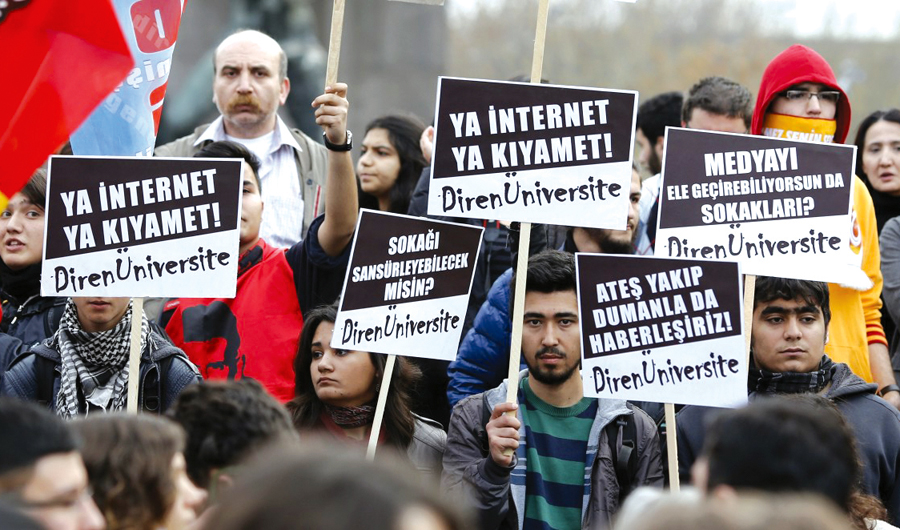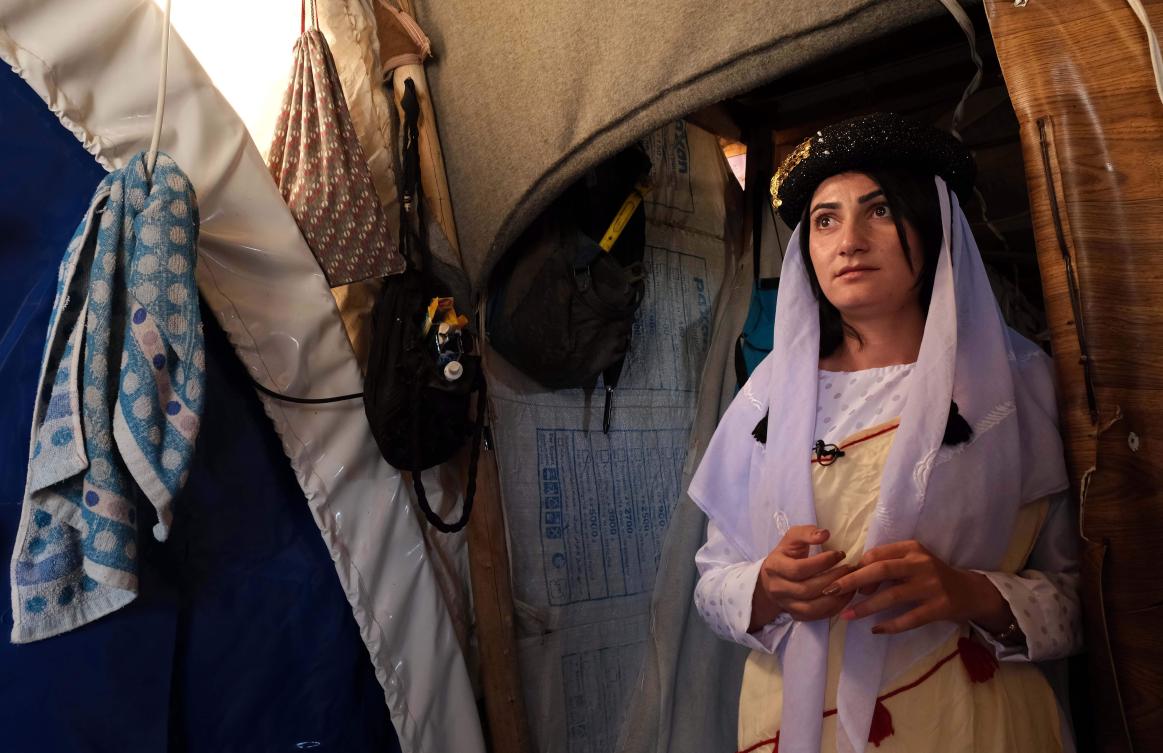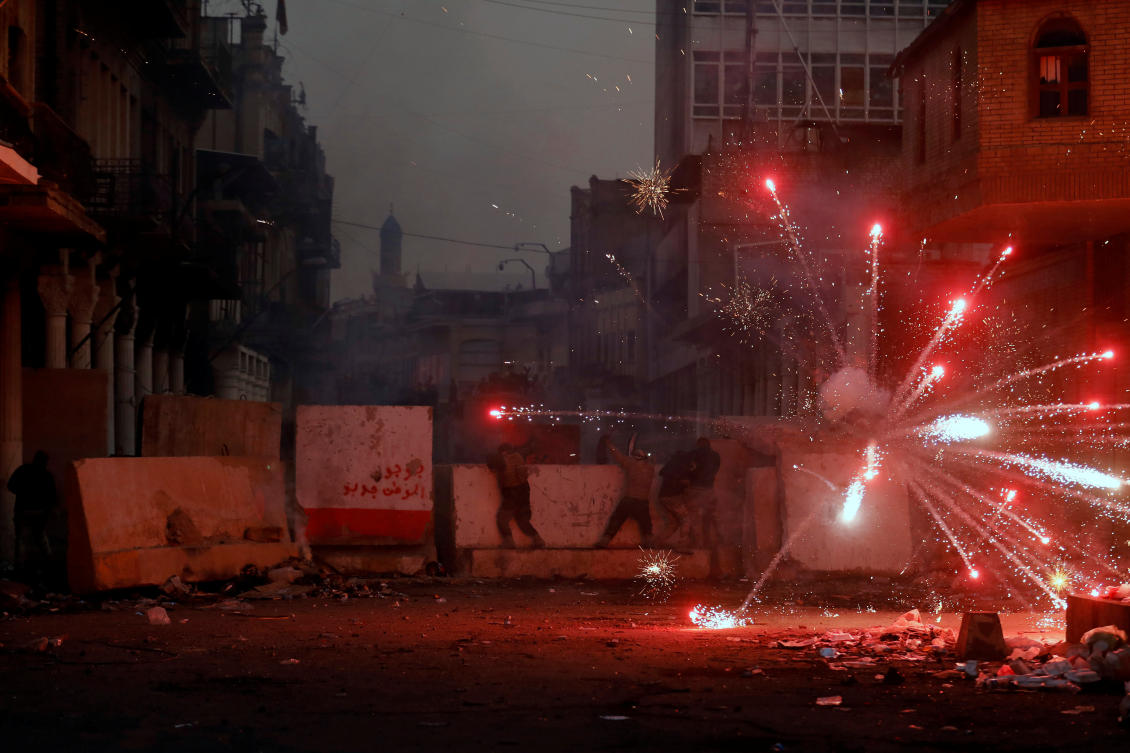Germany warns travelers to Turkey over legal action on VPN use
ISTANBUL: Germany has warned its citizens traveling to Turkey that they could face legal action for using Virtual Private Networks (VPNs) in the country.
In the first-ever formal warning on the issue from such a high government level, the German Ministry for Foreign Affairs cautioned that the digital networks were strictly monitored by the Turkish government to control the flow of information.
The alert is likely to prompt travelers from other countries to be aware of the potential legal consequences of using VPNs.
With hundreds of thousands of websites now inaccessible in Turkey, its citizens and foreigners have been driven toward VPNs for free access to the internet. But the use of a VPN connection can turn some people into a person of interest in the eyes of law enforcement agencies.
“Do not sign any documents that you do not understand. Request a lawyer. Keep your ID on your person. Be open to cooperation while at security checkpoints,” the German ministry said in a statement.
Its updated warning noted that German citizens who had been active in Kurdish organizations in Germany were being detained in Turkey and it issued a reminder that insulting the president (of Turkey) or terror charges carried heavy sentences.
Turkey’s recent military incursion into northern Syria also prompted Germany to update its travel safety advice on eastern and southeastern regions of Turkey, while it cautioned against visiting the country’s major cities where potential terror group attacks could target foreign nationals.
HIGHLIGHTS
• Turkey’s recent military incursion into northern Syria also prompted Germany to update its travel safety advice on eastern and southeastern regions of Turkey, while it cautioned against visiting the country’s major cities where potential terror group attacks could target foreign nationals.
• The warning coincided with the latest row between Berlin and Ankara over the detention of a lawyer who had been working on asylum cases in the German Embassy in the Turkish capital.
The warning coincided with the latest row between Berlin and Ankara over the detention of a lawyer who had been working on asylum cases in the German Embassy in the Turkish capital.
German officials have slammed the move as a “violation” of diplomatic conventions and urged for the release of the lawyer who was in charge of Turkish citizens seeking asylum in Germany. But Ankara has accused him of espionage.
Meanwhile, Turkey recently deported a number of German citizens with suspected ties to Daesh.
Isik Mater, a digital rights activist, told Arab News that nobody had so far been punished just for using VPNs, but the use of such internet tools had been among the political reasons for going after some foreigners.
The year-long incarceration of German-Turkish correspondent Deniz Yucel, of Die Welt, over espionage and terrorism charges brought Ankara and Berlin to the brink of a diplomatic crisis last year. He was released after intense political negotiations.
Mater, who is also the research director at media freedom watchdog Turkey Blocks, said internet service providers were able to detect the moment a person connected to a VPN, but could not reach the website the person clicked on.
“The only way the public authorities obtain personal information about people using the VPNs is through contacting the company which provides VPN services. But again, this means there is a political motive behind it,” she added.
Turkey Blocks regularly monitors internet censorship and blackout cases in Turkey. The group also reveals signs of interference and cyberattacks on critical infrastructure using real-time measurement techniques.

Yildirim terms call to Merkel ‘productive’ as leaders talk to ease Turkey-Germany rowGermany-Turkey tensions flare up over EU bid



